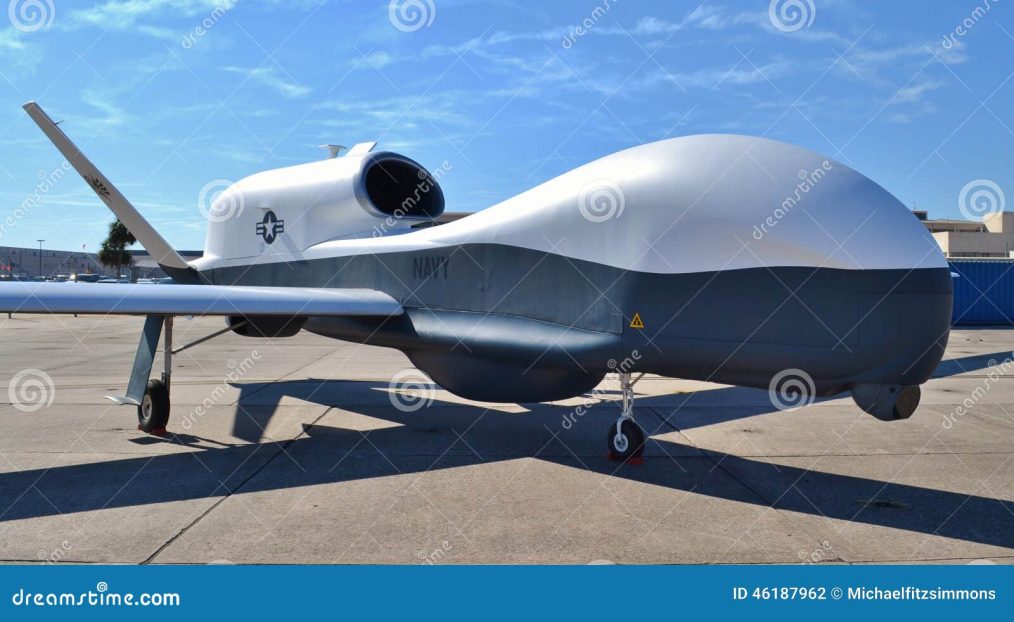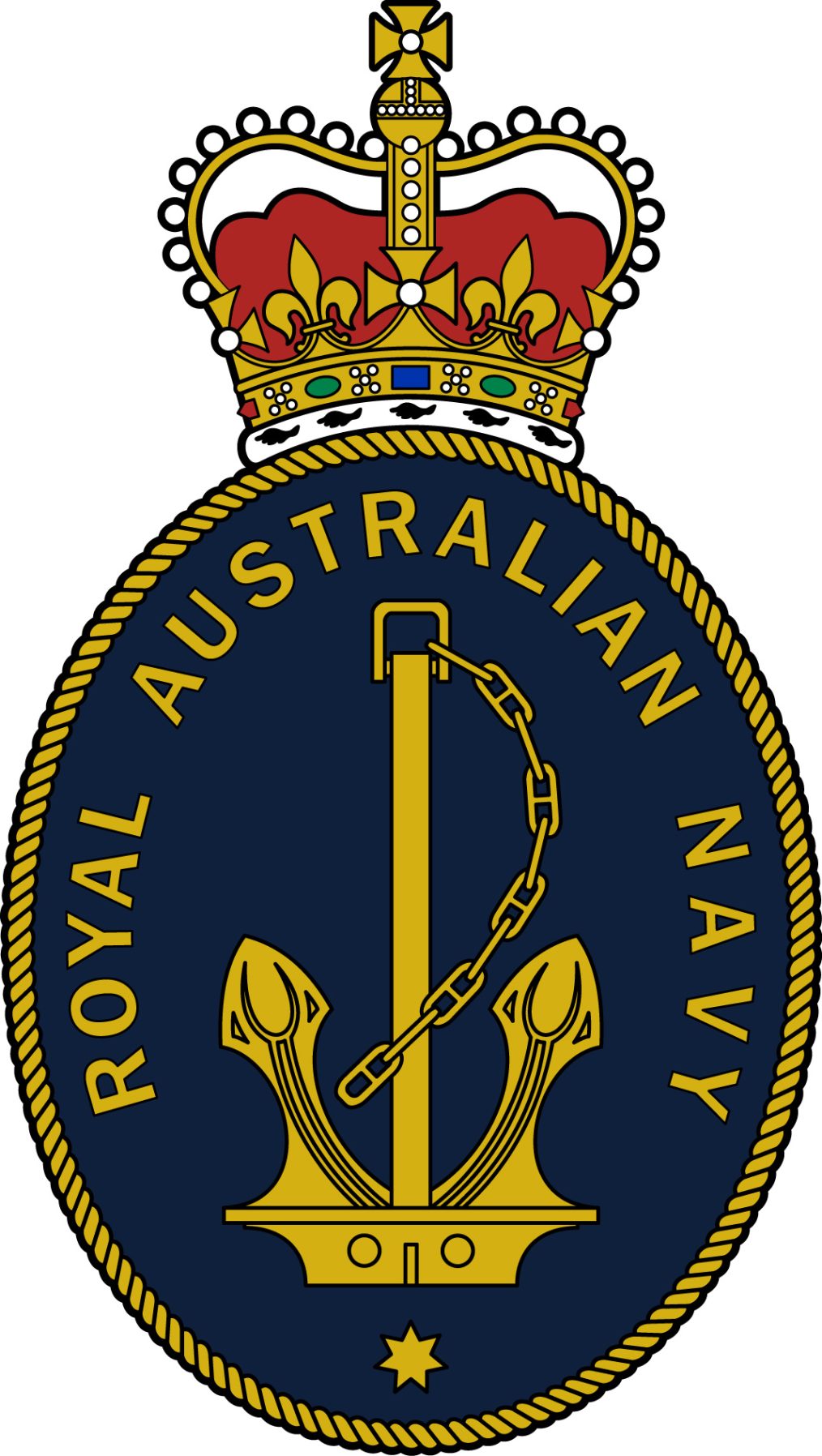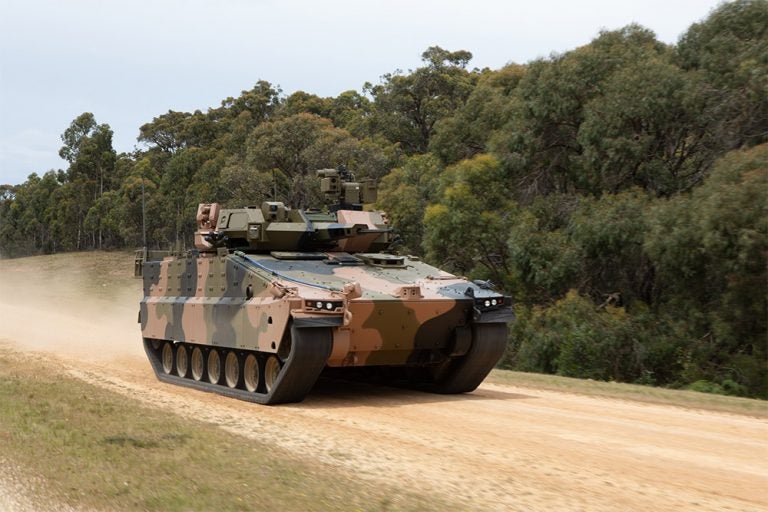DVA will continue to provide support to veterans and families during the holiday season. However, please be aware that some services will be impacted.
Counselling and mental health support
The Open Arms – Veterans & Families Counselling telephone line is available to support current and ex-serving ADF personnel and their families 24 hours a day, 7 days a week, 365 days a year. Phone 1800 011 046 toll-free.
Similarly, Safe Zone Support is an anonymous counselling line that is available 24/7, 7 days a week, 365 days a year, to support members of the current and ex-service community and families. Phone 1800 142 072 toll-free.
If you require urgent assistance, please call 000. If you are unwell, please contact your local doctor or go to your nearest hospital.
Open Arms centres will be closed for the Christmas / New Year period from Wednesday 25 December 2024 to Wednesday 1 January 2025 inclusive, and will re-open on Thursday 2 January 2025. For further information visit the Open Arms website.
Transport bookings for medical treatment
DVA staff will be available to process transport requests for approved or compensable medical treatment. Staff will not be available on weekends or the public holidays of 25 and 26 December 2024 and 1 January 2025.
If transport is required on these days and has not been pre-booked, you can pay for the travel and seek reimbursement when we re-open. Please call 1800 550 455 for assistance during business hours. Or, if you are an existing MyService user, you can make new transport bookings and review existing ones online. In a medical emergency, always dial 000.
Veterans’ Access Network offices and general enquiries
DVA offices, shopfronts and general enquiry services do not operate over weekends or public holidays.
Over the Christmas period, they will be closed from Wednesday 25 December 2024 to Wednesday 1 January 2025 inclusive. This includes DVA’s General Enquiries phone line and our Veteran Access Network offices. These services will resume on Thursday 2 January 2025.
Defence Service Homes Insurance
DSH Insurance and its advisors will be available for support with any insurance needs from 8 am to 5 pm on Friday 27 December, and from Monday 30 December to Tuesday 31 December. Outside of business hours, and during weekends and public holidays, calls will be diverted to DSH Insurance’s after-hours service partner, ensuring that support is available 24 hours a day and 7 days a week.
For enquiries, or help with a policy or claim, phone 1300 552 662.
Online insurance enquiries can be made via the DSH Insurance website. They will respond to you after the public holidays. You can also lodge a non-urgent claim via the online claim form.
For DSH Insurance’s automated payment service, phone 1300 304 989 for the cost of a local call. This service is also available 24 hours, 7 days a week.
Hospital admissions
Doctors can admit DVA patients into hospital over the holiday period and request retrospective approval for the admission, where required, when DVA resumes full services.
Pharmaceutical approvals
There will be no reduction in services across the Christmas/New Year period. Providers seeking prior approval for pharmaceuticals can call the Veterans’ Affairs Pharmaceutical Advisory Centre 24 hours a day on 1800 552 580.
Pension payments
The last pension payment in 2024 will be moved forward to Tuesday 24 December to ensure payments are received prior to the Boxing Day public holiday. The first payment of the new year will be Thursday 9 January 2025. See ‘Payment dates’ section below.
Incapacity payments
The incapacity payment that would ordinarily be paid on Thursday 2 January 2025 will be moved forward to Tuesday 24 December 2024. The next payment after this will be made on Thursday 16 January 2025, as scheduled. See ‘Payment dates’ section below.
Payment dates
As a result of differing arrangements by various banks during the holiday period, which are beyond DVA’s control, the precise day of the week you receive your pension or incapacity payment may differ. You may wish to make arrangements to ensure you have enough funds to cover any direct debit payments.
Client Support Program
The Client Support Program (CSP) provides case management services tailored to the individual needs of clients and families. This program will be closed from Saturday 21 December 2024 to Wednesday 1 January 2025 inclusive.
CSP case managers will contact their clients prior to this period to discuss support arrangements over this period.
Rehabilitation Program
The Rehabilitation Program applies a whole-of-person approach to rehabilitation, combining and coordinating various rehabilitation services to help a person return to work or improved wellbeing.
We encourage you to speak to your rehabilitation provider about any changes to your current arrangements over the holiday period.
If you require urgent assistance, please call 000. If you are unwell, please contact your local doctor or go to your nearest hospital.
Please be aware that claims and invoices submitted on or after 25 December 2024 will not be processed until after 1 January 2025.
Defence, Veterans’ and Families ‘ Acute Support Package
The Acute Support Package Program provides funding for short-term, flexible support to eligible veterans and their families to adjust to new and challenging life circumstances that may result in the family being at risk of experiencing crisis.
Please refer to information available on DVA’s website for external supports relating to crisis. (Search for ’Crisis contacts’.)
We encourage you to speak to your service providers about any changes to your current arrangements over the holiday period.
Please be aware that claims and invoices submitted on or after 25 December 2024 will not be processed until after 1 January 2025.
Household Services and Attendant Care
The Household Services and Attendant Care program provides approval for funding of household services and personal care as reasonably required as a result of an accepted service-related injury.
We encourage you to speak to your service providers about any changes to your current service arrangements over the holiday period.
Please be aware that claims and invoices submitted on or after 25 December 2024 will not be processed until after 1 January 2025.
If you require urgent assistance, please call 000. If you are unwell, please contact your local doctor or go to your nearest hospital.
Veterans’ Home Care Program
The Veterans’ Home Care (VHC) Program provides in-home care and support services to assist DVA clients maintain their independence by providing practical help. Services include domestic assistance, personal care, respite and home and garden maintenance services.
Access to VHC services is via the VHC Assessment Agency which will confirm eligibility and conduct an assessment to determine the level of care needed.
The VHC Assessment Agency can be contacted on 1300 550 450. Please note that VHC Assessment Agency will not be available on 25 December 2024 and 1 January 2025.
Community Nursing Program
The Community Nursing Program funds clinically required nursing and personal care services to eligible DVA clients in their homes. DVA-contracted Community Nursing providers can continue to accept new referrals and continue to deliver services to new and existing clients.
The DVA office will be closed from 25 December 2024 to 1 January 2025 inclusive.
During this time Community Nursing providers should continue to assess and deliver clinically required nursing services for eligible DVA clients throughout the Christmas period, under standard arrangements using the Schedule of Fees. Where clinically required care exceeds the Schedule of Fees, providers should deliver the care and email DVA at exceptional.cases@dva.gov.au. A DVA staff member will respond to requests from 2 January 2025.
Veteran Support Officers
Veteran Support Officers (VSOs) provide personalised DVA services to ADF members on Defence bases.
VSOs will not be available from 4 pm Tuesday 24 December 2024 to 9 am Thursday 2 January 2025 inclusive.
ADF members can continue to book VSO appointments over the holiday period by emailing vso@dva.gov.au.
Scam and fraud tip-offs
The Scam and Fraud Tip-Off mailboxes will not be monitored between 25 December 2024 and 1 January 2025 inclusive.
If you believe you have been the victim of a Scam, please review the options available at IDCARE, Australia and New Zealand’s national identity & cyber support service (www.idcare.org).
For all serious matters, please contact the police.
Feedback
DVA welcomes your feedback about the services we provide and how we deliver them. The feedback mailbox will not be monitored between Wednesday 25 December 2024 and Wednesday 1 January 2025 inclusive. Feedback services will resume on Thursday 2 January 2025.
The best way to provide feedback during the holiday period is to either:










